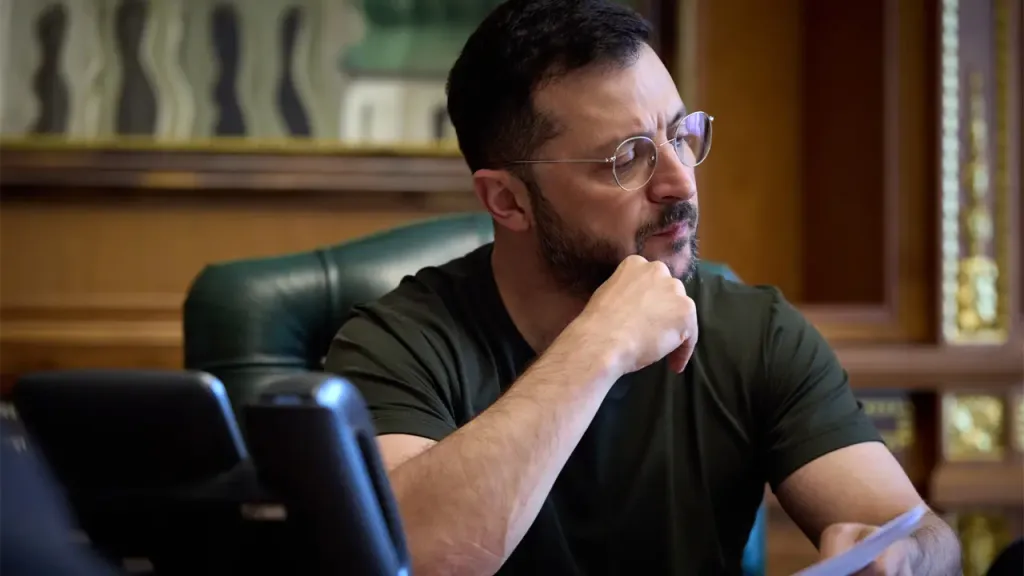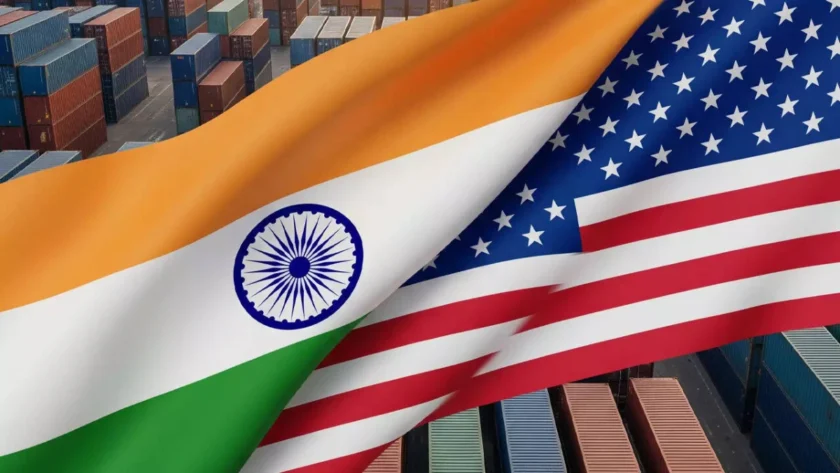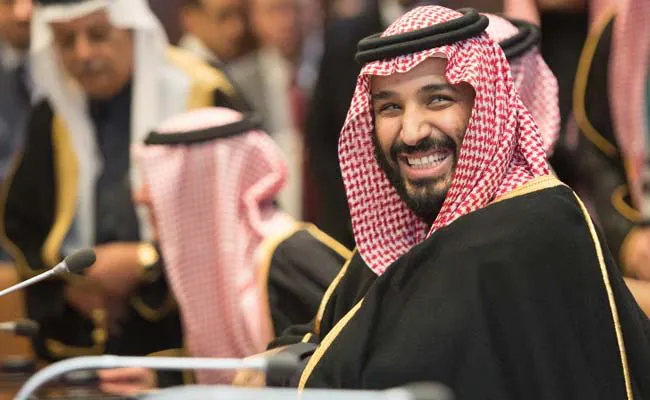Kyiv: Ukrainian President Volodymyr Zelenskyy has stated that he and US President Donald Trump had a productive conversation centered on finding a resolution to the conflict with Russia. Zelenskyy’s remarks were shared in a statement following a phone call that also touched on Russian sanctions and a potential bilateral defense agreement.
According to the Ukrainian president, the two leaders discussed the state of the battlefield, with a particular focus on the recent increase in Russian strikes on Kyiv and other cities. He noted that President Trump was “fully informed” about the recent escalation. Zelenskyy also highlighted the impact of international pressure on Russia’s economy, stating that President Trump’s firm stance on sanctions “can change a lot.”
The leaders also reportedly spoke about a new bilateral defense pact focused on drones, which the Ukrainian side has already drafted. Zelenskyy expressed optimism about the agreement, calling it potentially “one of the strongest.” He concluded his comments by thanking Americans and President Trump for their support of Ukraine’s defense.

In a separate statement, President Zelenskyy claimed that Ukrainian soldiers on the front line in the Kharkiv region had reported the presence of mercenaries from China, Pakistan, Tajikistan, Uzbekistan, and various African countries fighting alongside Russian forces. He made this assertion following a visit to troops of the 17th Separate Motorized Infantry Battalion of the 57th Brigade.
Meanwhile, in a separate development, US President Donald Trump has announced a significant increase in tariffs on India. In a post on his social media platform, Trump stated that the US would “substantially raise” the tariffs on India for its continued purchase of Russian oil. The President’s announcement followed an executive order to impose an additional 25% tariff, which brings the total to 50% for many Indian imports. India’s Ministry of External Affairs has responded by calling the action “unjustified and unreasonable” and stated that the country’s oil imports are based on its energy security needs.










